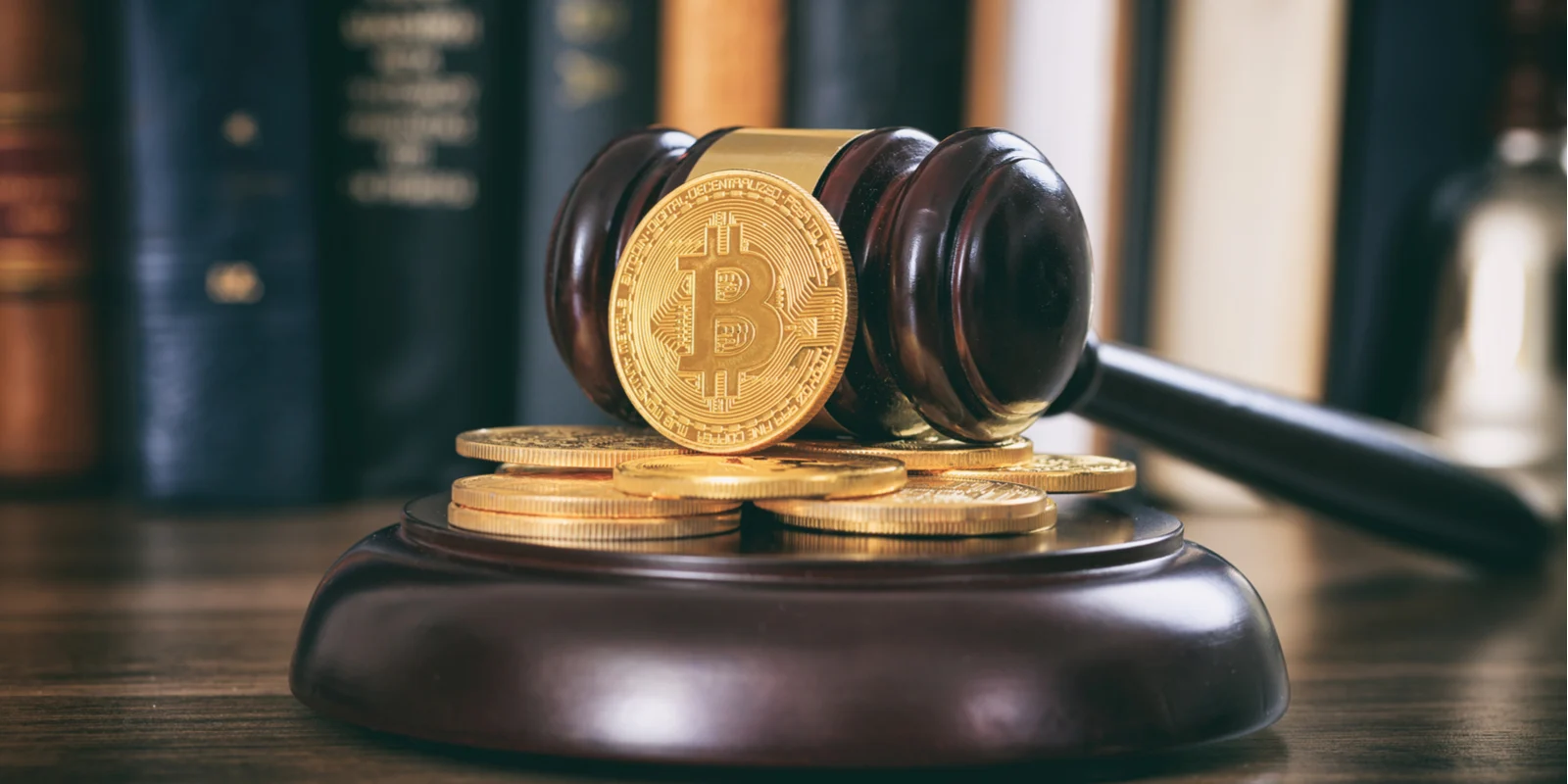The US Department of Justice (DoJ) has been authorized to liquidate 69,000 Bitcoins (BTC) worth $6.5 billion, a major cryptocurrency development. Seized Bitcoins Worth $6.5 Billion The Silk Road marketplace, a notorious dark web network for illegal activity, was seized. Crypto community chatter about market effects has erupted following this ruling.
Background of Seizure
The Silk Road bazaar traded illegal goods and services using Bitcoin from 2011 to 2013. The network was shut down by government enforcement in 2013, and Ross Ulbricht, its operator, was arrested with a lot of Bitcoin. Since then, these seized assets have been in government custody pending judicial resolution. The DoJ’s liquidation of the Bitcoins, one of the largest cryptocurrency holdings confiscated by authorities, is noteworthy.
Legal Actions and Authorization
On December 30, 2024, a federal judge allowed the DoJ to liquidate the seized Bitcoins after years of litigation. This ruling ended a years-long judicial struggle over asset ownership. With the court’s approval, the DoJ can sell the 69,000 BTC, which will undoubtedly draw institutional and ordinary investors. The seizure and sale created a legal precedent for the government’s handling of illegally obtained cryptocurrencies.

Speculation and Market reactions
The bitcoin market is divided on the DoJ’s approval to sell 69,000 BTC. Several market analysts have expressed concerns about market volatility. The sale is significant, and huge transactions can trigger Bitcoin price volatility. If the government sells Bitcoin gradually or in one massive transaction, speculators worry it could worsen price instability.
Some analysts think the market can handle the transaction without much interruption. Large-scale Bitcoin liquidations, such as the selling of Mt. Gox assets or other confiscated coins, did not hurt Bitcoin much. The cryptocurrency market has grown, and Bitcoin’s liquidity is considerably more than before, which may lessen the sale’s short-term impact.
Possible Market Effect
The liquidation of 69,000 BTC could affect Bitcoin’s liquidity and price. The sale’s technique and timing will influence its impact on the crypto market. The market may be less affected if the DoJ liquidates Bitcoin gradually rather than all at once. However, if the DoJ makes a single substantial transaction, it could cause a short-term price drop, especially if the market views it as unexpected.
The sale’s timing may also boost its market impact. If BTC liquidation coincides with market instability or insufficient liquidity, the effects may be greater. Once the auction begins, investors will watch for any market reaction, with some betting that institutional players may buy BTC at a discount and others fearing a bad trend for Bitcoin.
Policy and Regulation Implications
The DoJ’s liquidation of seized Bitcoins affects cryptocurrency regulation and policy. This shows the government’s growing concern about digital currencies’ role in illicit activity and its ability to seize and dispose illegally obtained cryptocurrency. This shows that regulatory bodies can oversee and act on cryptocurrencies, even those with enormous financial potential.
The selling of so much Bitcoin might set a precedent for future forfeiture cases, especially if cryptocurrencies are related to crime. It also raises doubts about the government’s stance on unlawful cryptocurrency use and how this may affect future regulations. The DoJ’s efforts are legal, but they may indicate more monitoring of bitcoin activity.
Read More: Crypto Faces Multi-Year Bear Market Expert Warns
Conclusion
The Department of Justice’s approval to liquidate 69,000 Silk Road Bitcoins is a turning point in law enforcement-cryptocurrency relations. This decision has sparked conjecture concerning Bitcoin’s price and the crypto market’s liquidity and volatility. The crypto community will watch the DoJ liquidate and market reaction. The market will undoubtedly encounter short-term volatility whether the sale is gradual or in one massive transaction, but Bitcoin’s long-term destiny is unknown.
This event underscores the changing connection between government agencies and digital assets, underlining the necessity for clear legislative frameworks to regulate cryptocurrency ownership, asset seizures, and liquidation. This transaction may be a case study in how governments regulate bitcoin in the future.



